
- •Contents
- •Unit I education system in russia and english speaking countries Lesson 1
- •I see I’m afraid if I’m not mistaken and what about you
- •It seems to me that I don’t know exactly
- •Informal letters
- •Lesson 2
- •Introduction
- •Lesson 3
- •Introduction
- •Lesson 4
- •I’m not perfectly ready to answer this question, but next time I’ll try to answer!
- •Lesson 5
- •Lesson 6
- •Self- study materials for section I
- •Verb to be (the Present Simple Tense)
- •(Paris/the capital of France) Paris is the capital of France.
- •Are you married? _No, I’m not.
- •Are you tall? _Yes, I’m._
- •Is it cold today? __________
- •The Present Simple Tense
- •Is used to talk about:
- •Positive forms
- •It goes very well.
- •Negative forms
- •General questions
- •A lternative questions
- •T ag questions
- •The Sentence Structure
- •Unit II
- •Countries and cities
- •(Traditions, customs and holidays in Russia and English speaking countries)
- •Lesson 1
- •Lesson 2
- •Lesson 3
- •Lesson 4
- •Lesson 5
- •Lesson 6
- •Self-study materials for section II The Present Continuous Tense
- •Unit III
- •Scientists
- •(Famous people)
- •Lesson 1
- •Lesson 2
- •Introduction
- •Invention, inspiration, closet, bulb, nap, wax, phonograph, genius, perspiration.
- •Invent hired closet nap laboratory light bulb
- •Lesson 3
- •Invention, to explode, dynamite, powerful, closet, iron, bulb, fortune, phonograph, discovery, genius, to carry out, research:
- •Alfred Nobel
- •Lesson 4
- •How to be a successful inventor
- •Lesson 5
- •Invention, to explode, dynamite, powerful, closet, iron, bulb, fortune, phonograph, discovery, genius, to carry out, research.
- •Lesson 6 Problem-based task (webquest) w omen in Science
- •You might want to consult some of the following web sites:
- •Your report will be evaluated as follows:
- •Self-study materials for section III The Past Simple Tense is used:
- •When we talk about actions and situations in the past we use:
- •Positive form — Regular verbs
- •Positive form — Irregular verbs
- •Negative form and questions
- •General questions
- •Alternative questions
- •Tag questions
- •Special questions
- •Verb to be (The Past Simple Tense) was/were
- •The past continuous tense
- •Positive form
- •Negative form
- •Past continuous vs. Past simple
- •Unit IV computer Lesson 1
- •Lesson 2
- •Lesson 3
- •Lesson 4
- •Lesson 5
- •Lesson 6
- •Self-study materials for section IV The Present Perfect Tense
- •Present perfect and past simple
- •Section V career prospects Lesson 1
- •Lesson 2
- •Lesson 3
- •Lesson 4
- •Lesson 5
- •Lesson 6
- •Self-study materials for section V The Future Simple Tense
- •I’ll be… or I’ll probably be… or I don’t know where I’ll be.
- •The Future Continuous Tense
- •I ________________ soon. (to leave)
- •I shall be leaving soon. Or I will be leaving soon.
Unit III
Scientists
(Famous people)
Lesson 1
LEAD-IN
Look at the photos and answer the questions:
Do you know the names of these well-known people? Where are they from? What fields of science did they work in?
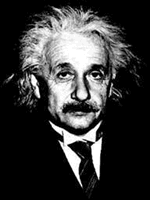
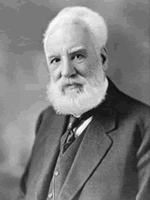

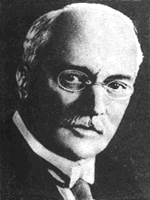
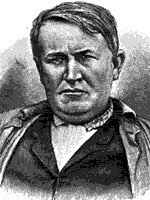
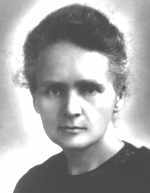
Now match the names of these famous people on the left with their profession on the right:
Alexander Bell
Sofia Kovalevskaya an inventor
Thomas Edison a physicist
Albert Einstein an engineer
Marie Curie a mathematician
Pyotr Kapitsa a scientist
Rudolf Diesel
ACTIVE VOCABULARY
Give synonyms or close meanings of the following words and word combinations and try to pronounce them correctly:
Prominent, to be expelled, fortress, science, scientist, scientific, founder, nuclear, to establish, incredible, to devote to, to defend, defence, entirely, technology, common knowledge, device, valve, to transmit, to prove, to disprove, capable, to list.
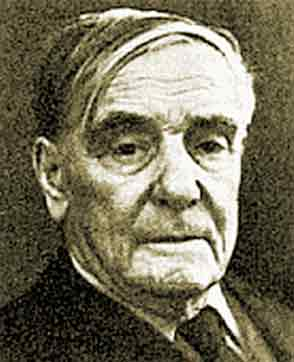
Below is a text about one of the most famous Russian scientists, Pyotr Kapitsa. Before reading try to answer the questions:
What field of science did he work in?
What did he prove?
What institute in Moscow is named after him?
READING
Pyotr Leonidovich Kapitsa made his appearance in physics at the turn of the XX-th century.
The son of a general, a prominent military engineer who had built the Kronstadt fortress — was keenly interested in physics while still at a technical high school (he had been expelled from the Kronstadt classic school for poor academic progress). But he became a student of Petersburg’s Peter the Great Polytechnical Institute - perhaps the best technical educational establishment in Russia at the time. In 1921, three of our most prominent scientists were sent abroad, to renew scientific contacts. These scientists were Ioffe, Academician Krylov and Kapitsa who was then only twenty-seven.
They worked at the world-famous Cavendish Laboratory headed by Ernest Rutherford, the founder of experimental nuclear physics. Kapitsa established an unusual, almost incredible record – he completed the laboratory course in two weeks instead of the usual two years. After that, Ernest Rutherford took personal interest in him and Kapitsa became his favourite pupil.
In 1934 Pyotr Kapitsa returned home and was appointed Director of the Institute of Physical Problems.
In the war years, Kapitsa devoted all his talent of a scientist and an engineer to the cause of the country's defence.
After the war, Kapitsa began to work in an entirely new field of science and technology - high-power electronics.
It is common knowledge nowadays that electronics means small currents. Electronic devices—radio-valves, for instance, — operate on electrons, particles having a very small mass and a very high mobility. It was believed that to transmit great amounts of power over great distances by means of electronics was impossible. This was not the only “axiomatic truth” which Kapitsa disproved. He proved the fact that the electrons are capable of transmitting millions of kilowatts over long distances.
Today Kapitsa's high-power electronics has already become firmly established.
It is not necessary to list all Pyotr Kapitsa's academic titles, because his name speaks for itself. In the history of physics there are few names that can be placed next to his.
E. Sinyavskaya, English for engineers, Moscow.
READING COMPREHENSION
How many professional physicists were there in Russia at the turn of the XXth century?
What was young Kapitsa interested in?
Why didn’t he enter the University?
How long did it take Kapitsa to complete his laboratory course at Cavendish Laboratory?
Who took a personal interest in the young Russian student?
How did the war influence Kapitsa’s work?
What did he prove electrons capable of doing?
Make a brief retelling about Pyotr Kapitsa, using active vocabulary.
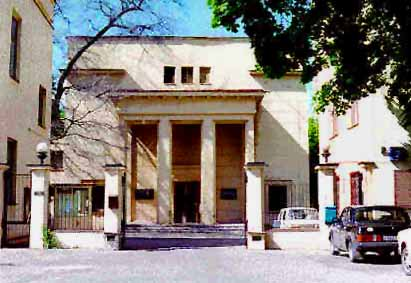
The Institute of Physical Problems founded by P. Kapitsa in Moscow.
Online activity
Work in groups
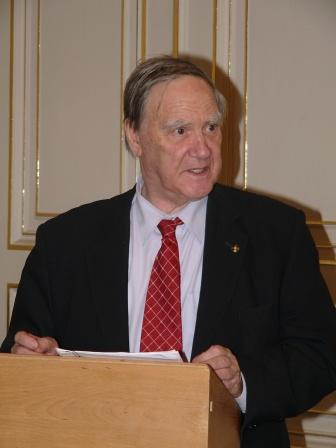
Divide into two groups and do the following task:
a) Find the information from the Internet about Sergey Petrovich Kapitsa (about his life, family, his contribution into science, his activity on TV, etc)
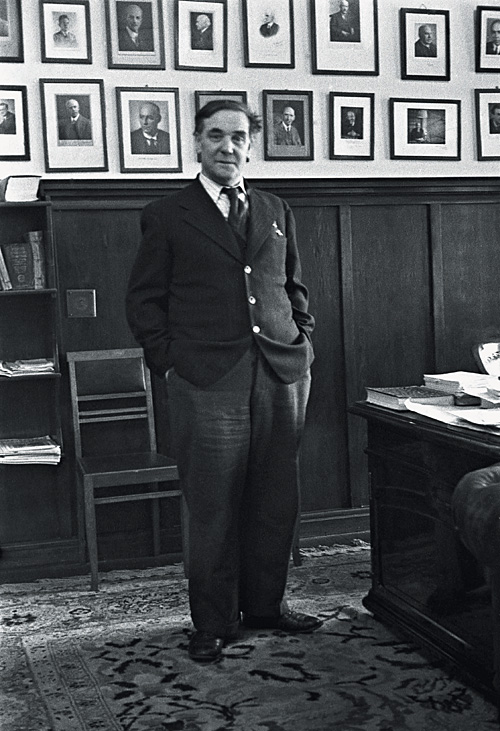
/S.P. Kapitsa, the son./
b) Find additional information from the Internet about P.L. Kapitsa (when did he win the Nobel Prize and what for?).
Recommended resources:
http://en.wikipedia.org/wiki/Pyotr_Leonidovich_Kapitsa http://www.thefutureofscience.org/veniceconference2005/speakers/kapitza_s.htm
http://www.pbs.org/redfiles/rao/catalogues/trans/trac/trac_kapi_1.html
Offline
Speaking practice
Work in groups
In your group make a brief report about: a/ S. Kapitsa; b/ P. Kapitsa and then be ready to retell it to the class.
Homework
Writing
Do Grammar tests (Past Simple Tense)
Write a composition about yourself: What did you do yesterday or what happened yesterday?
Be ready for revision test.
Grammar tests for self-study.
